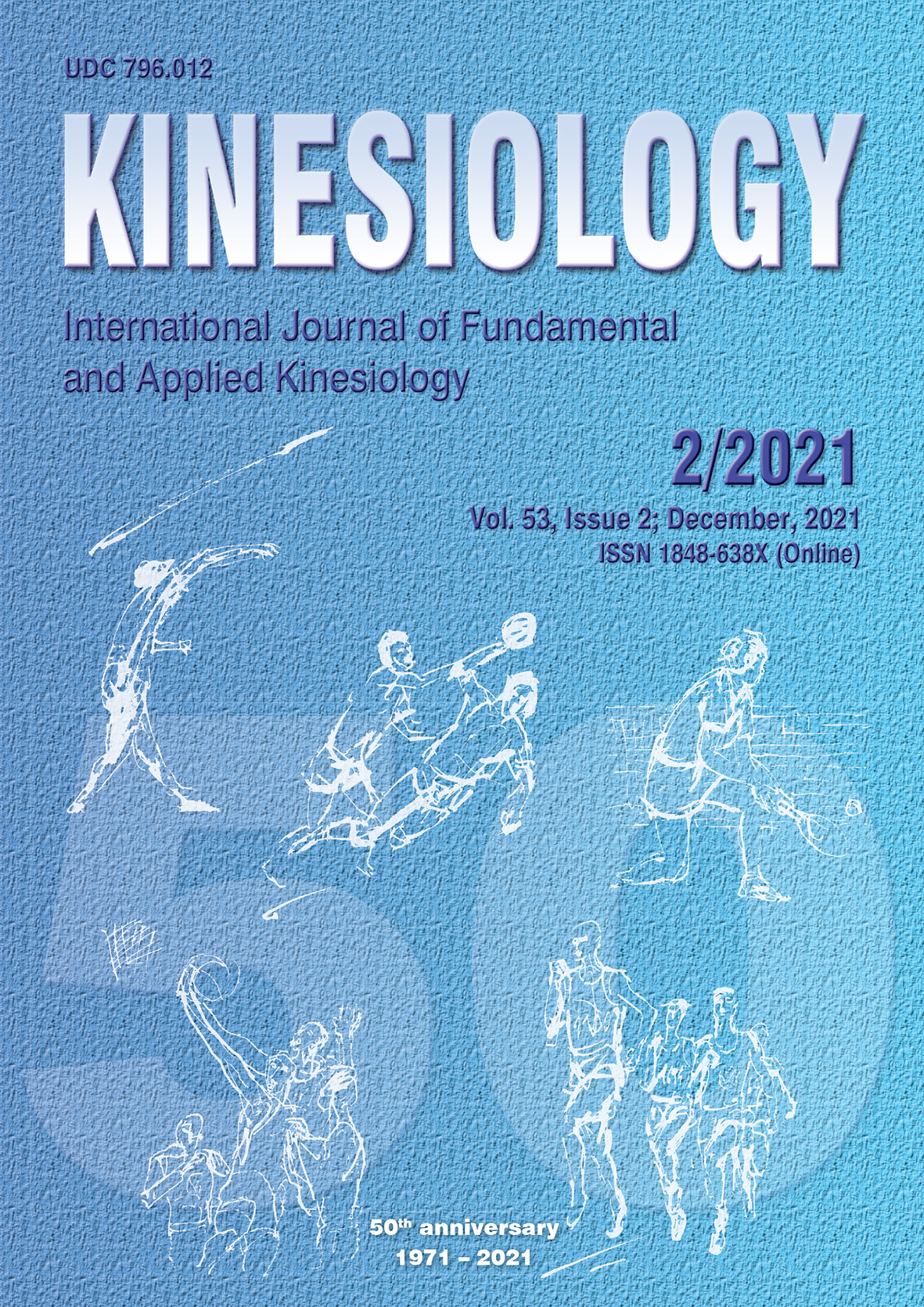ACQUIRING EMBODIED AND INSTITUTIONALIZED CULTURAL CAPITAL: CAREER DEVELOPMENT AND SUCCESS AMONG SLOVENIAN FOOTBALL PLAYERS
Abstract
The main objective of this study was to determine whether sociocultural factors influence the career development of Slovenian national team football players. In this interview-based research, we consider Bourdieu’s theory of embodied and institutionalized cultural capital to find possible influencing sociocultural factors on the career development. Semi-structured interviews were conducted with eight Slovenian elite football players. The content of the interviews was organized based on the chronological events in each player’s life using seven open-ended questions. We analysed careers from the very beginning (initiation), across the development and mastery period to the career peak of the Slovenian football players in terms of the migration abroad. The results of this study support previous studies on the career development of football players. The work shows the important role of primary and secondary socialization processes, which exert a significant influence on career development among Slovenian football players.
Key words: Bourdieu, culture capital, career development, top-level football, Slovenia
Downloads
Published
Issue
Section
License

This work is licensed under a Creative Commons Attribution-NonCommercial 4.0 International License.
At Faculty of Kinesiology we recognize that access to quality research is vital to the scientific community and beyond. Kinesiology is non-profit journal and all costs of publishing and peer review process are covered by the publisher itself or other funding sources like Ministry of Science and Education of the Republic of Croatia. Full text papers are also available free of charge at http://hrcak.srce.hr/kineziologija. There are no restrictions on self archiving of any form of paper (preprint, postprint and publisher's version).
Articles are distributed under the terms of the CC BY - NC 4.0
Kinesiology does not charge any fees to authors to submit or publish articles in our journal.


